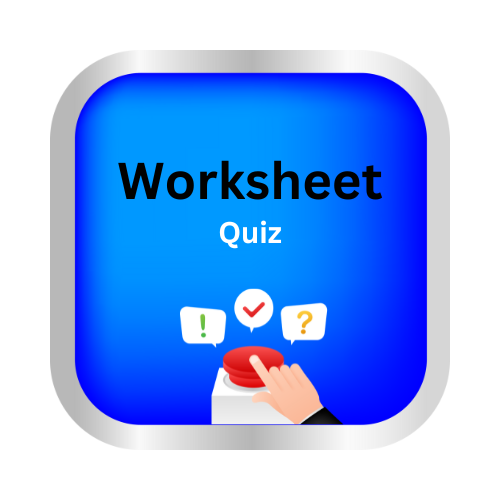Is the pronoun reflexive or intensive?
Design by Delta publications
Key Notes :
🌟 Reflexive vs. Intensive Pronouns 🌟
| 🔹 Reflexive Pronouns 🤳 |
A reflexive pronoun reflects back to the subject of the sentence.
It is necessary for the meaning of the sentence.
Without it, the sentence would not make complete sense.
👉 Examples:
- She taught herself the lesson. 📖
- I hurt myself while playing. ⚽
- They prepared themselves for the test. 📝
| 🔹 Intensive Pronouns 💪 |
An intensive pronoun is used for emphasis.
It is not necessary for the sentence’s meaning.
If you remove it, the sentence still makes sense. ✅
👉 Examples:
- The president himself signed the letter. 🖊️
- I baked this cake myself. 🎂
- The teacher herself explained it clearly. 👩🏫
| ✨ How to Tell the Difference? 🤔 |
❓ Ask: “Does the pronoun reflect back to the subject?”
- If yes ➡️ Reflexive 🤳
❓ Ask: “Is the pronoun just for emphasis?”
- If yes ➡️ Intensive 💪
| 🧾 List of Reflexive & Intensive Pronouns (same words, different use!) |
- Myself 🙋
- Yourself / Yourselves 🙋♂️🙋♀️
- Himself 👨
- Herself 👩
- Itself 🐶
- Ourselves 👨👩👧👦
- Themselves 👥
| 🎯 Quick Trick: |
- ✅ If the sentence needs it ➡️ Reflexive.
- 🚫 If it’s only extra/emphasis ➡️ Intensive.
Let’s Practice! 🖊️

